
PSE Certification Compliance Process in Japan
In a globalized business environment, entering the Japanese market represents a significant growth opportunity for many companies. However, to legally sell electrical products in Japan, merchants must understand and comply with strict regulatory requirements, among which pse certification is essential. PSE certification is not only a symbol of product safety but also a key step in gaining consumer trust. This article will delve into the basic concepts of PSE certification, its applicable scope, and the certification process, helping you quickly grasp the core requirements for market entry in Japan and paving the way for your products to enter Japan smoothly.
What is PSE Certification?
PSE certification refers to a special mark that must be affixed to products meeting the standards of Japan's Electrical Appliance and Material Safety Law, ensuring that products can be legally sold in the Japanese market. Particularly, there are 457 categories of products, such as mobile batteries and adapters, that must have the PSE mark. It is important to note that the PSE mark is not "obtained" or "certified"; rather, it can be silk-screened or affixed to compliant products following a company's own application.
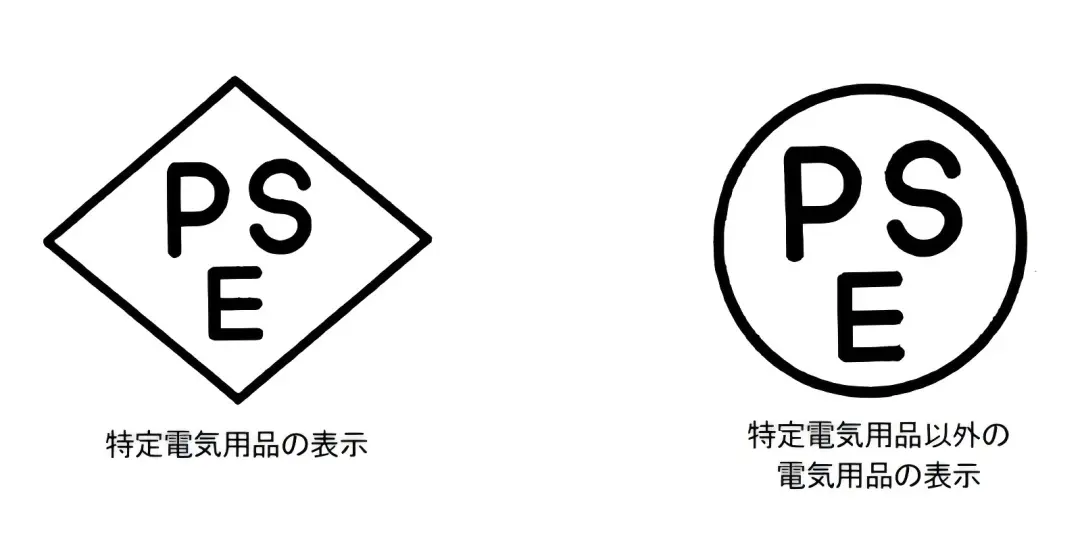
Two Types of PSE Certification
PSE certification is divided into two categories: diamond PSE and round PSE. They differ based on the safety risk levels of electrical products:
- Diamond PSE: Applicable to "specific electrical appliances," these products pose a higher risk due to their usage conditions and must undergo stringent testing and review.
- Round PSE: Applicable to electrical equipment that is not classified as "specific electrical appliances," these products have a relatively lower risk and only need to meet general safety standards.
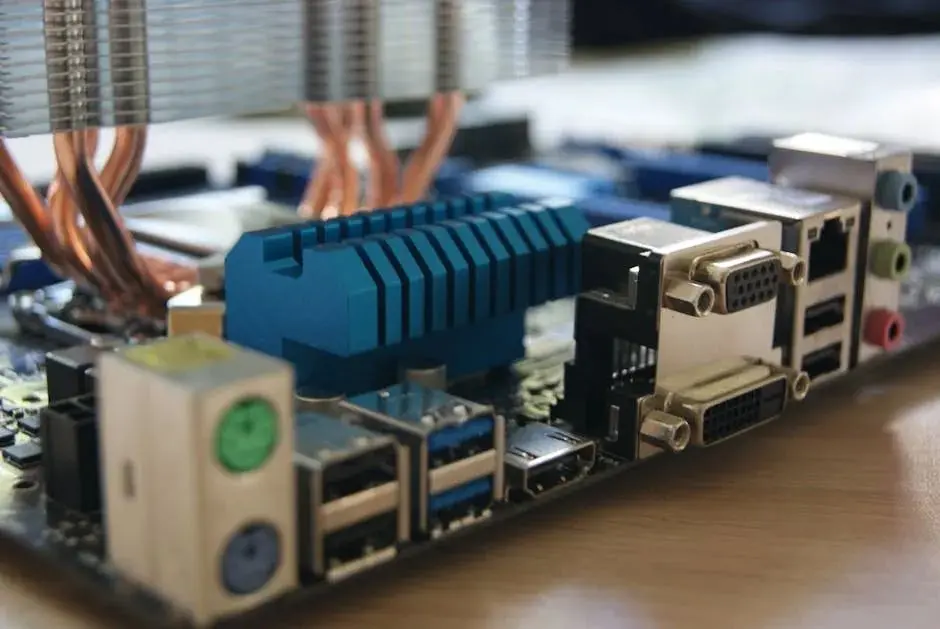
What is the Electrical Appliance and Material Safety Law?
The Electrical Appliance and Material Safety Law is an important legislation in Japan that establishes safety standards for electrical products to prevent safety accidents and malfunctions caused by electrical goods. All electrical products must comply with the safety technical standards set forth in this law. According to this law, electrical products are divided into two categories:
- Specific electrical appliances: For example, wires, fuses, and current limiters, which include 116 types of high-risk products that must pass compliance testing by accredited certification bodies to affix the diamond PSE mark.
- Non-specific electrical appliances: Including electric foot warmers, electric slippers, lithium batteries, and 341 other products that need to undergo testing before affixing the round PSE mark.
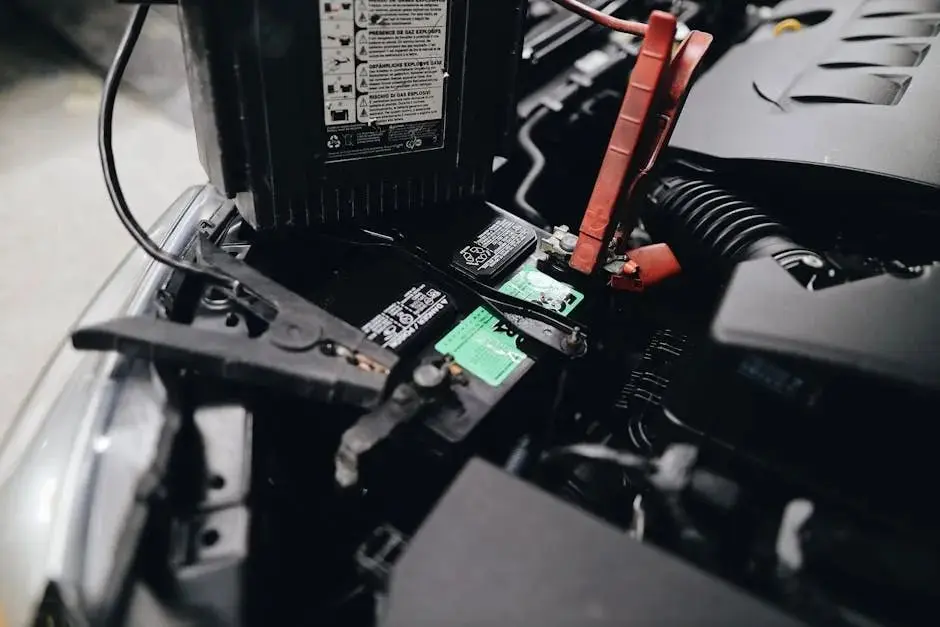
Product Testing and Certification Process
Before exporting to Japan, merchants need to prepare product images, specifications, and other relevant documents to submit to professional certification agencies, such as our Ouyi Testing. Our organization will arrange the appropriate testing standards and review samples to ensure compliance with safety requirements in the Japanese market. Having cross-border experience and a deep understanding of Japanese regulations is key to successfully obtaining PSE certification.
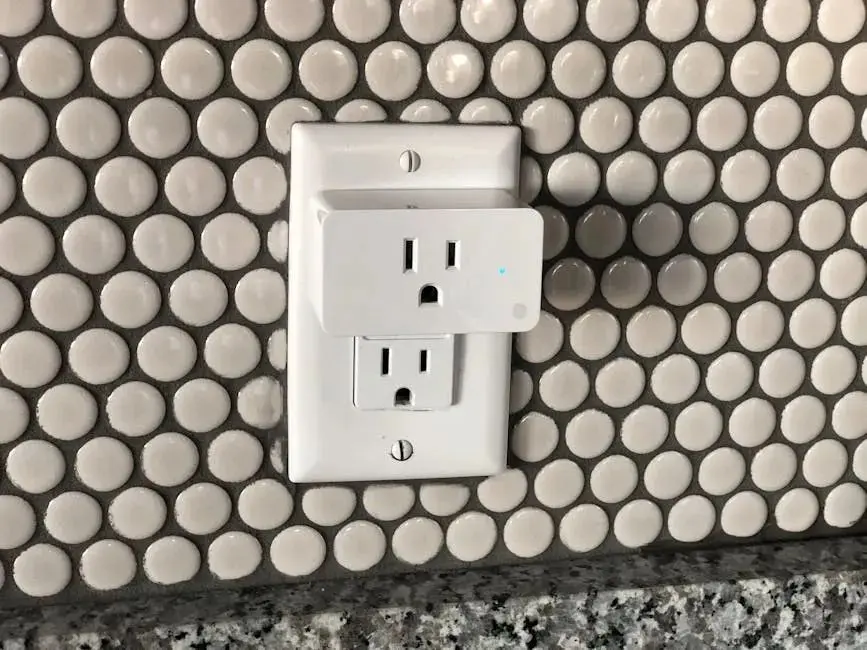
meti registration Related to PSE
When discussing PSE certification, it is crucial to mention the associated METI registration. METI registration refers to the application for product or service registration with the Ministry of Economy, Trade, and Industry in Japan, ensuring compliance with Japanese laws and regulations. For electrical products, METI registration ensures product safety while protecting consumer rights.
For selling electrical products in the Japanese market, PSE certification and METI registration are critical legal compliance steps. Products that have not undergone these certifications cannot legally enter the market and may face severe legal penalties. If you are looking for reliable certification services, consider consulting our professional team, who will provide comprehensive support and services to ensure your products successfully enter the Japanese market!
Email:hello@jjrlab.com
Write your message here and send it to us
 Packaging Validation ISO 11607 Test Report
Packaging Validation ISO 11607 Test Report
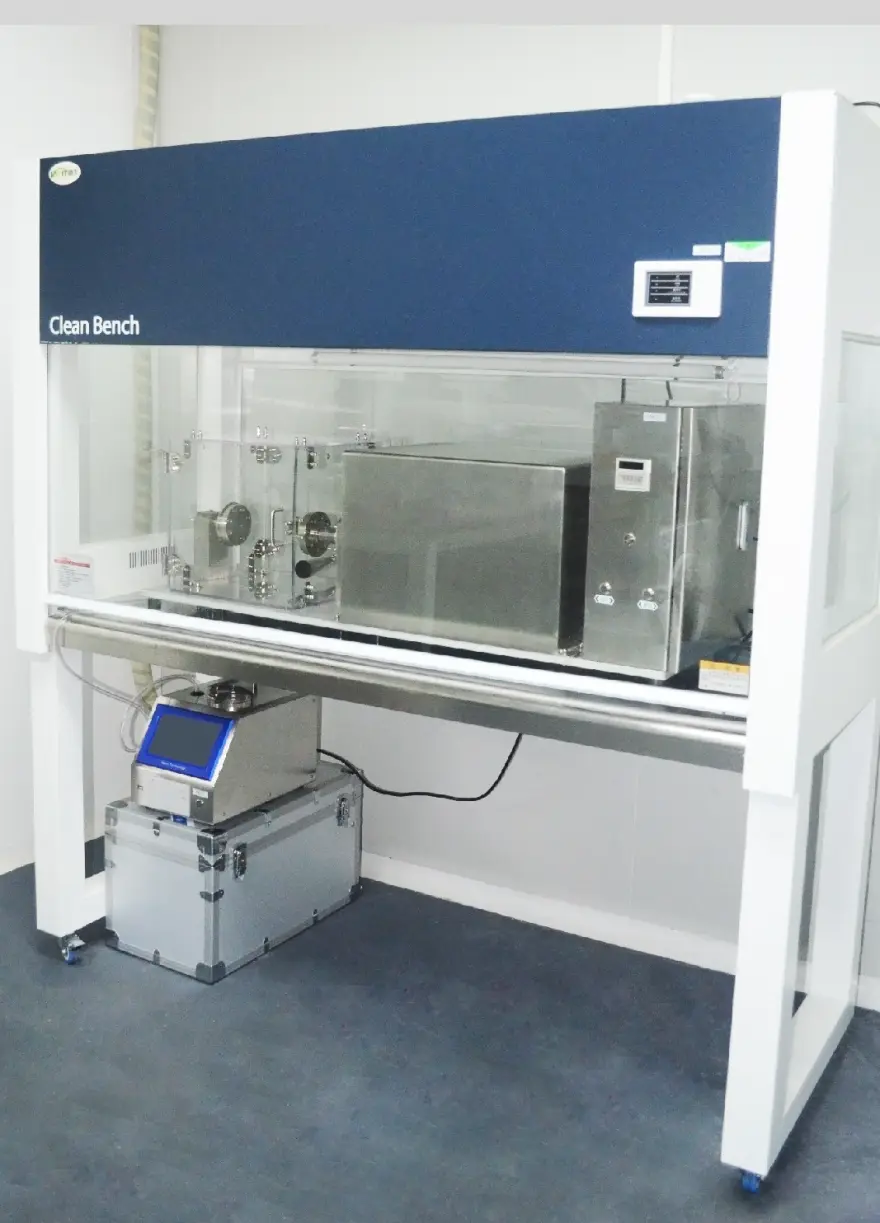 What is the ISO 11607-1 Packaging Validation Test?
What is the ISO 11607-1 Packaging Validation Test?
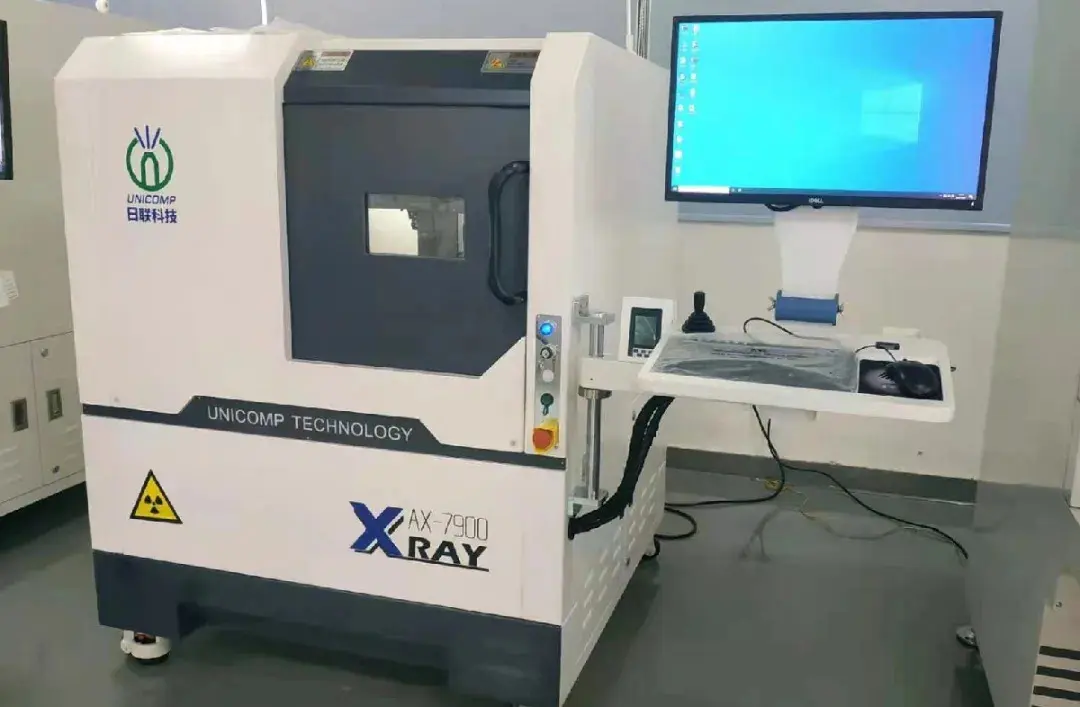 How to get an ISO 11737-1 Test Report?
How to get an ISO 11737-1 Test Report?
 Orthopedic Implant Cleanliness Testing
Orthopedic Implant Cleanliness Testing
 What is ISO 10993-23:2021 Irritation Testing?
What is ISO 10993-23:2021 Irritation Testing?
 ISO 10993-23 Irritation Testing Laboratory
ISO 10993-23 Irritation Testing Laboratory
 EMI Emissions Testing
EMI Emissions Testing
 EMC Standards for Medical Devices
EMC Standards for Medical Devices
Leave us a message
24-hour online customer service at any time to respond, so that you worry!




